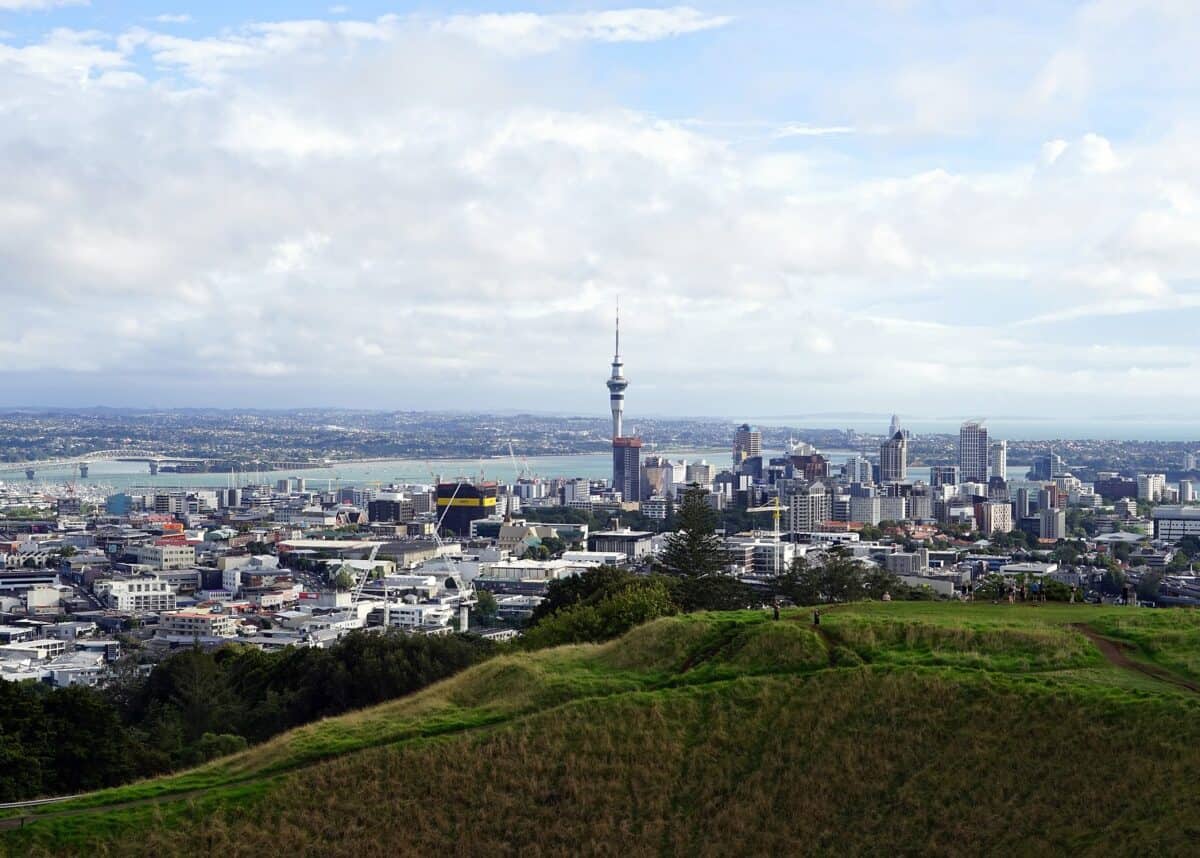New Zealand’s latest Budget shows a stronger than expected economic recovery, the country’s Finance Minister, Grant Robertson, said when he tabled the 2021 National Budget yesterday (Thursday).
He noted that the Government’s response to Covid-19 and strong economic management had placed the economy on a firmer footing to accelerate recovery and address long-standing social and infrastructure deficits.
“The economy has performed better than expected, thanks to the efforts of businesses, workers and the Government’s decisive and bold action through highly uncertain times,” the minister said.
Economy likely to strengthen later in the year
“The economy is expected to strengthen from the second half of this year, with growth peaking at 4.4 percent in June 2023. Unemployment is forecast to decline to 4.2 percent at the end of the forecast period.”
Robertson said the improved labour market outlook and strength in economic activity suggested that the long-term effects of the pandemic would not be as severe as previously thought.
The strong recovery is reflected in the Government’s financial accounts, which continue to track better than expected.
For example, the deficit over the forecast period peaks at 5.3 percent of GDP in June 2022, before declining to 0.6 percent of GDP by June 2025. Crown debt will peak at 48 percent of GDP in 2023, before reducing to 43.6 percent of GDP at the end of the forecast period.
Weathered ‘one-in-100-year’ economic shock
But the Finance Minister emphasised that it was “still a Covid Budget, with economic support and stimulus”.
“New Zealand’s strong health response means we have weathered the 1-in-100-year economic shock better than most.
“However, we will continue to face ongoing uncertainty for some time, and Budget 2021 takes a balanced approach to investing in areas and people where it is needed most, alongside careful fiscal management to pay down debt.”
The operating allowance for this Budget is NZ$3.8-billion per year, with capital allowances for Budget 2021 to 2024 increasing to NZ$12-billion.
In his address to Parliament, Robertson said this increase was possible because the economy had performed better. Operating allowances for future Budgets had been set at $2.7-billion per year as the immediate need for stimulus declined.
A commitment to reduce social inequalities
“We are investing in reducing social inequalities and making a material difference to the daily lives of the more vulnerable among us,” he stated.
“Our recently announced housing package will assist first-home buyers and boost the supply of new homes. We will continue to invest in the country’s infrastructure, such as roads, hospitals and schools.
“We can’t meet all our long-term commitments in one Budget. This is part of a package that will address our priorities and build the sort of society that New Zealanders want.”
In her comments, Prime Minister Jacinda Ardern said Budget 2021 would secure the country’s recovery from Covid-19, creating jobs and investing to address the long-term challenges of child poverty, housing and climate change.
“This Budget targets investments that will set Aotearoa New Zealand up to both recover from Covid-19 and be stronger than when we entered the pandemic,” she predicted.
‘Our economic plan is working’ says the PM
“By [targeted] investments in reducing child poverty, building houses and other critical infrastructure, and tackling climate change, we are creating jobs and stimulus while also laying the foundations to recover stronger.”
“Our economic plan is working,” the Prime Minister said. “We have one of the lowest unemployment rates in the OECD, growth has exceeded expectations and debt is lower than forecast. Coupled with our successful management of the virus, we are well placed to seize the opportunities the recovery now presents.”
Among the key points of the Budget is an up to $55 per week increase in main benefits rates, which is expected to lift between 19,000 and 33,000 children out of poverty.
Drug-buying agency Pharmac gets a $200-million increase as the Government delivered on a pre-election pledge to increase its funding.
The Budget has also earmarked $380-million of new funding towards a Māori housing package, which is expected to deliver another 1,000 homes for Māori people across the country.








 Explore top-rated compensation lawyers in Brisbane! Offering expert legal help for your claim. Your victory is our priority!
Explore top-rated compensation lawyers in Brisbane! Offering expert legal help for your claim. Your victory is our priority! 

 "
"


